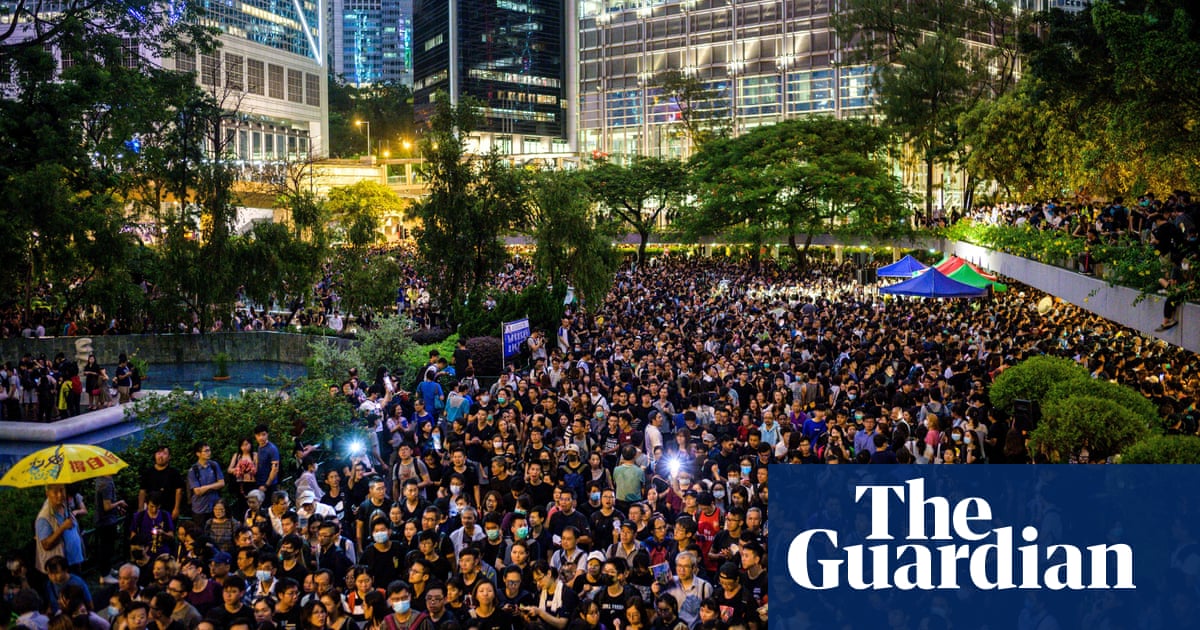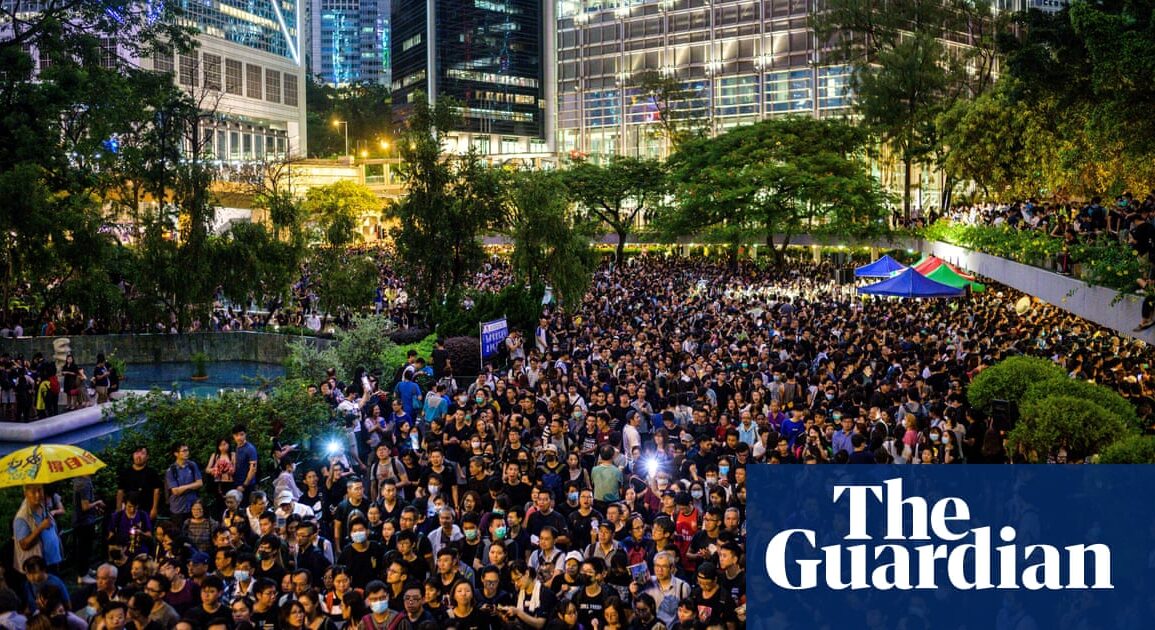
Protesters involved in the 2019-2020 pro-democracy movement in Hong Kong have been treated extraordinarily harshly by the criminal justice system compared with local and international norms, a report has found.
The surge in arrests, detentions and charges in the wake of the anti-extradition bill protests that saw millions of Hongkongers taking to the streets to oppose closer ties with mainland China meant that the criminal justice system was put under “extreme stress”, according to Jun Chan, Eric Yan-ho Lai and Thomas E Kellogg at the Center for Asian Law of Georgetown University.
“In nearly all respects, the post-2019 response has on average been more punitive than prior responses to social movements, particularly the 2014 umbrella movement,” the authors said.
As of August 2022, more than 10,000 Hongkongers had been arrested in connection with the 2019 protest movement and nearly 3,000 prosecuted, according to government statistics. The Georgetown researchers analysed more than 1,500 cases that had concluded by 31 July 2021.
Protesters were charged with 100 different types of offences. These included unlawful assembly, rioting, police obstruction and police assault. More than 80% of people convicted received custodial sentences, compared with just over 31% of people who were convicted on charges relating to the umbrella movement. The most common charge in the dataset was unlawful assembly, a colonial-era ordinance that allows the authorities to prosecute peaceful protesters.
The anti-extradition bill protests lasted for more than six months in 2019-2020, much longer than the umbrella movement in 2014. They were ultimately defeated in June 2020 by the imposition of a draconian national security law (NSL) that effectively banned all forms of dissent and carries a maximum of a life sentence. The Chinese and Hong Kong authorities said the law was needed to restore stability.
As of September, 280 people had been arrested under the NSL, including high profile figures such as the activist Joshua Wong and the former media proprietor Jimmy Lai. These cases are tried in separate courts, with judges hand-picked by the executive.
But most of the people swept into the criminal justice system after the protests have been charged with more ordinary offences, with many detained for several months in pre-trial detention.
Between 2019 and 2021, the average waiting time for criminal trials increased by 50%, to 287 days, well beyond the official target of 100 days. “Such long wait times suggest that the court system is flailing under the weight of a massively increased caseload,” the report said.
More than 130 of the defendants in the cases analysed by the researchers were under 18, with the median age being 23. More than 66% of juvenile convictions resulted in custodial sentences, which the researchers describe as “an extraordinarily high rate of incarceration for children”.
By comparison, In England and Wales, 5% of juveniles who received criminal convictions in 2021 were put in custody.
Open displays of dissent in Hong Kong are now exceedingly rare. In March, a small protest about a land reclamation plan took place under close police monitoring, the first time that any kind of demonstration had been allowed since 2020.
John Lee, the city’s chief executive, has said that introducing another Hong Kong national security law, in addition to the one imposed by Beijing in 2020, is a priority for 2024.
This post was originally published on this site be sure to check out more of their content.









